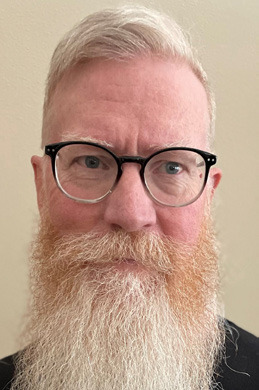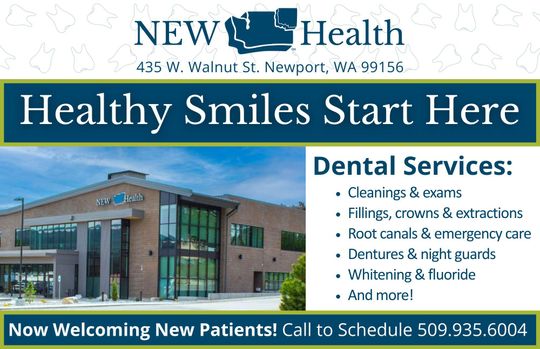Since June is brain health awareness month, I thought it would be good to focus on it.
I have been deeply interested in brain health for many years and am actually a certified “brain health trainer.”
When it comes to brain health, the modern marketplace is flooded with promises of sharper thinking, improved memory and “biohacked” performance.
But as alluring as these claims sound, many are based on outdated science, overhyped marketing or flat-out myths.
Let’s separate fact from fiction. Here are the top five brain health myths — and what you should believe instead.
Myth No.1: Brain cells can’t regenerate.
For years, scientists believed that humans were born with all the brain cells they’d ever have.
But that’s no longer the case. Research shows that neurogenesis— the formation of new neurons—can occur in specific brain regions, such as the hippocampus, even in adulthood.
Activities like exercise, sufficient sleep, and lifelong learning help promote this process. So yes, it is possible to grow new brain cells—especially when we live in ways that support them.
Myth No. 2: We only use 10% of our brain.
This myth is as stubborn as it is false.
Brain imaging studies consistently show that virtually all parts of the brain are active over the course of a day. Different tasks use different regions, from problem- solving to emotion regulation to memory.
There is no “unused” 90% waiting to be unlocked by some supplement or secret method.
What we can improve is how efficiently and intentionally we use our brain’s full capacity.
Myth No. 3: Crossword puzzles and brain games prevent cognitive decline.
While word games and puzzles are great for mental engagement, they don’t prevent Alzheimer’s or age-related cognitive decline.
The key isn’t doing just one type of mental activity repeatedly—it’s neuroplasticity, or the brain’s ability to adapt and change. This is best supported by diverse stimulation: physical activity, meaningful social interaction, learning new skills and managing stress. In short, variety trumps repetition when it comes to brain resilience.
Myth No. 4: Supplements are the key to better brain performance.
From fish oil to ginkgo biloba, the supplement industry is booming with “brain boosters.” While some nutrients — like omega- 3s, B vitamins and vitamin D — are essential for brain health, there’s little conclusive evidence that taking supplements beyond normal dietary needs significantly enhances cognitive function in healthy adults. Eat a colorful, whole-foodbased diet with healthy fats, lean proteins and plenty of vegetables.
Myth No. 5: Brain aging is inevitable and irreversible.
Cognitive aging is natural, but it isn’t always a one-way decline. Many age-related changes are reversible — or at least modifiable — through healthy lifestyle habits.
Aerobic exercise, restorative sleep, stress management and social connection have all been shown to improve memory, focus and mood in older adults. In fact, studies reveal that the brain remains plastic and capable of growth throughout life — if we keep challenging it.
The Bottom Line Your brain is not a fixed machine — it’s more like a living garden. How you move, eat, sleep, think and connect all influence its performance. Don’t fall for quick fixes or overhyped claims. Instead, focus on daily habits backed by evidence. The greatest upgrade for your brain isn’t a pill — it’s a lifestyle.
MICHAEL MARTIN JR. IS A RETIRED NAVY VETERAN, WORLD CHAMPION POWERLIFTER AND PHD CANDIDATE IN PERFORMANCE PSYCHOLOGY.

.png)













